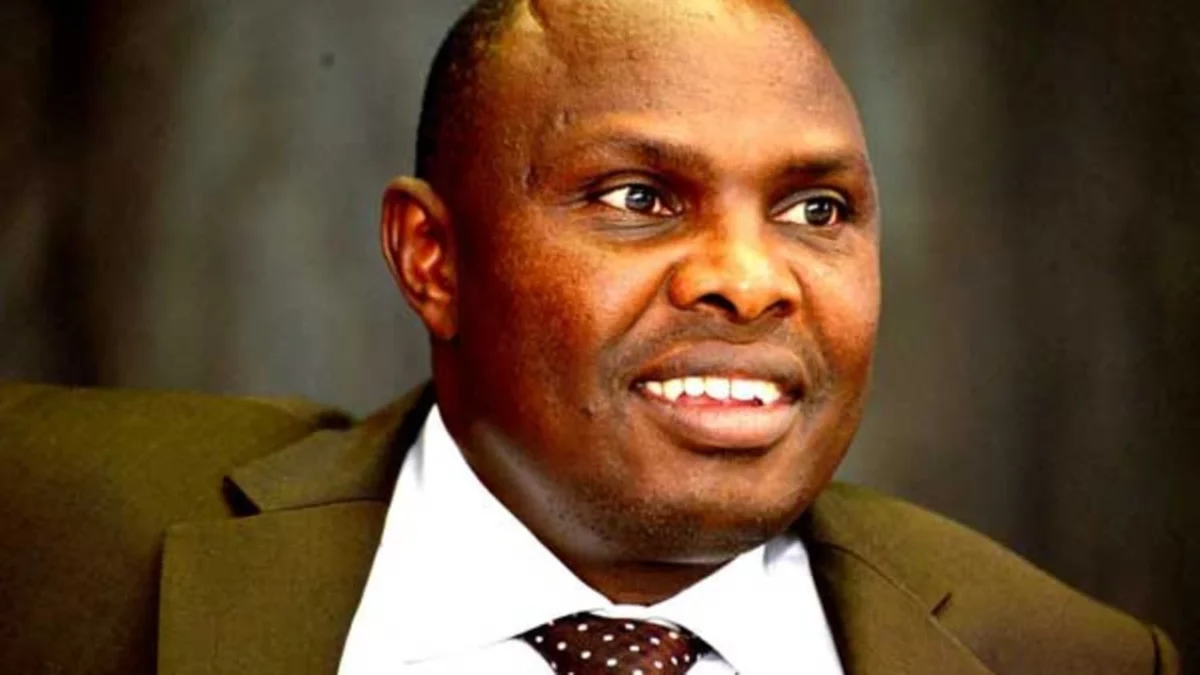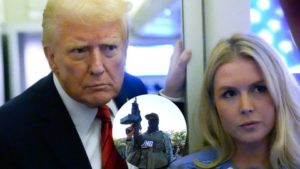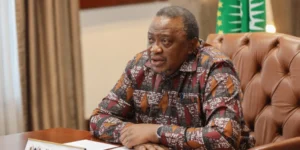Felix Koskei, the Chief of Staff in the office of the President, announced the suspension of unnecessary foreign travel by government officers.

Koskei then mentioned that the aim of cutting foreign trips is to scale down on expenditure. The government wants to prioritize spending on important operations and activities essential to the citizens.
Furthermore, the government wants to shift focus to projects that ensure efficient service delivery to the citizens.
Among the restrictions instated are that, the delegations involving both the Cabinet and Principal Secretaries will be limited to the three person limit.
In addition to that, the advisory barred both the Cabinet and Principal Secretaries of the same ministry to be away on foreign travel at the same time. The only exception to the rule is if the foreign engagement necessitates both the officials at the meeting. This is due to the fact that one official needs to remain behind and manage operations in those ministries.
The main foreign travels that have been suspended currently are in various categories. These categories include benchmarking, study visits, academic meetings and exhibitions. The caucus and association meetings and events are also inclusive of the suspended categories.
Offices Affected by the Suspensions
The offices that will be affected by the new suspension include the Attorney General, Cabinet Secretaries, the Principal Secretaries and the Controller of Budget.
In addition to that, the County Governors, County Assembly Clerks and County Secretaries. Others include the Auditor General, Chief Registrar of the Judiciary, Director of Public Prosecutions, Clerk of the Senate and the National Assembly.
The President, William Ruto, Deputy President, Rigathi Gachagua and the Prime Cabinet Secretary, Musalia Mudavadi will not be affected by the new suspension.
” Delegations accompanying the President, the First Lady, the Deputy President and the Prime Cabinet Secretary shall strictly be approved for officials playing a direct role in the scheduled role,” Koskei outlined.
Read Also: Senator Onyonka: Leaders just went to Dubai to “have coffee”.
This decision came a few days after the International Monetary Fund (IMF) made some recommendations to Sub-Saharan countries regarding new fiscal policies. Among the suggestions was that the countries need to manage their expenditure so as to get the citizens’ trust and they can then adopt the new policies without backlash.
With this new directive, the expenditure used on unnecessary foreign travel will be reduced.
In move to tame spending, GoK freezes non-essential foreign travel; travelling delegations also capped.
— Oliver Mathenge (@OliverMathenge) October 2, 2023
Governors & Cabinet Secretaries can travel with only two people – one of whom must be a technical official with expertise in the subject leading to the travel.
Subscribe to Switch TV















